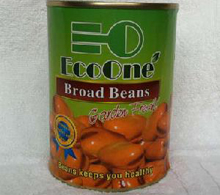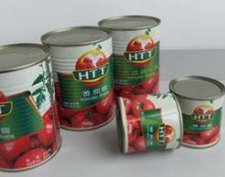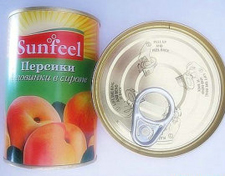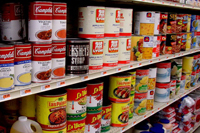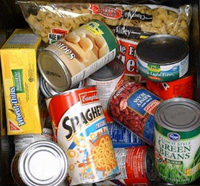
Throughout history, people have tried to come up with a way to keep perishable foods fresh. Until the early 19th century, the only options were pickling, salting, drying or smoking these provisions. Although these methods preserved food, they affected its taste, texture and nutritional value.
But canned goods didn't really take off until the 1860s. Civil War soldiers in the United States relied on canned goods, and they returned home touting their taste and value. The railroad industry began using canned goods to transport local meats and vegetables across the country. By the 1870s, the United States dominated the canning industry and was exporting vast quantities of salmon and other foods around the world.
How long can I keep canned foods?
In Australia and New Zealand, canned foods that have a shelf-life of less than two years require a ‘best-before date’ (date mark) on the label. A ‘best-before’ date applies to the quality of the product. It is safe to purchase and consume the product after its ‘best-before’ date, however the food may not be at its peak quality.
| | Canned foods with a shelf-life of more than two years do not need a ‘best before’ date. These foods do not carry a date mark as it is very difficult to determine a meaningful date when the shelf life is two years or longer. Food regulations require ‘best before’ dates to be distinguishable, expressed in chronological order (i.e. month, year), and provided in uncoded numbers. As long as the container remains intact, canned foods have a long shelf life even at room temperature. |
While canned foods do not change suddenly, slow changes do occur in the container and food quality may change over time. The storage life depends on a number of factors, including conditions of storage and the nature of food. As a general rule, the best shelf life will be obtained when canned foods are kept in a cool, dry place. For best results, it is recommended that your supplies of canned food are refreshed periodically.
How do I store canned foods at home?
| Check the label of the product for any storage instructions. If the label has storage instructions, ensure that the food is stored accordingly. Generally, canned products are designed to be stored at room temperature. If more stringent storage conditions are required for health and safety reasons, then the label must state these storage conditions. If instructions are not provided on the label, then store in a cool dry place. Handle containers carefully to avoid denting or other damage. Rotate food in your pantry by using older stock first. | |
How to Choose Canned Food?
Most canned foods depreciate in quality after about two years. Older canned goods may still retain nutritional value, but their color, taste and texture will change depending on the age and type of food being preserved.
Many canned foods contain high amounts of sodium to mask any change in taste that comes with age and the heating process. For example, a can of chicken noodle soup may contain nearly 1,800 milligrams of sodium. According to the Centers for Disease Control and Prevention (CDC), that's more salt than the majority of American adults should consume in a single day. However, canned food often contains little to no preservatives, and many canned foods come in low-sodium or sodium-free varieties.
written by Nicolas Yang
